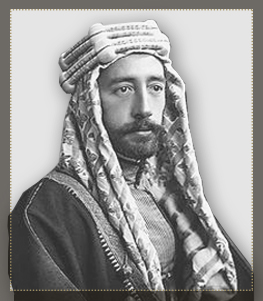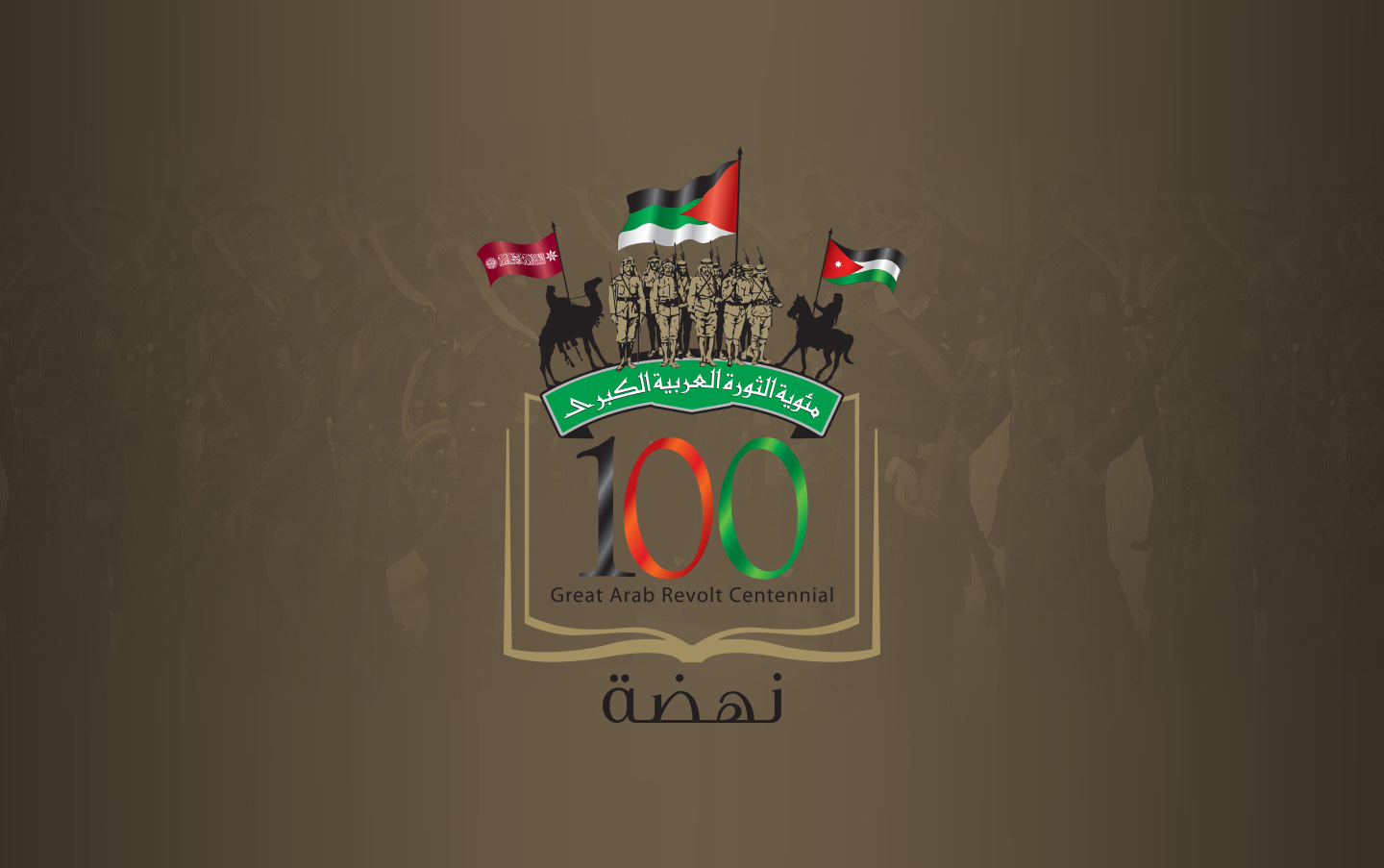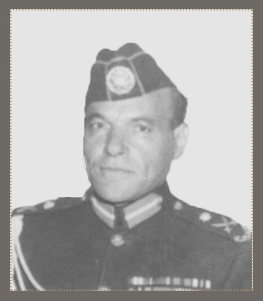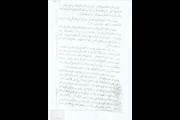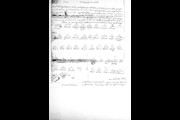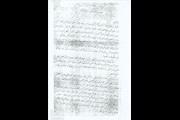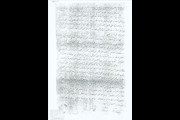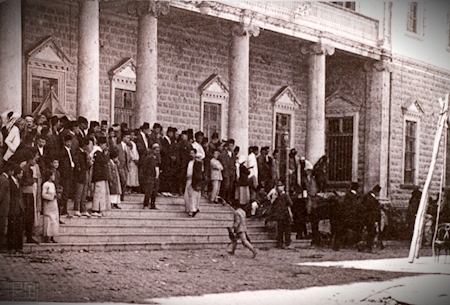
The Syrian National Congress, held in Damascus in 1920, produced decisive outcomes supported by Sharif Hussein bin Ali, foremost of which declared the complete independence of Syria within its national borders, named Prince Faisal bin Al Hussein King of Hijaz and rejected the Zionist Balfour Declaration.
Several steps were taken to pave the way for the Syrian National Congress, with its members going to Transjordan to promote political awareness and gain Arab support.
The national defence committee of Transjordan was formed with Said Kheir as chair and Thaher Juqqa, Sidou Al Kurdi and Said Halawa as members. The committee was working in coordination with the members of the Syrian National Congress. Afterwards, a larger committee was elected in Transjordan, including new figures from a wider array of areas, with Mithqal Al Fayez elected as chair.
A Jordanian delegation then visited Damascus to meet with members of the Syrian National Congress, and it was made up of Ali Al Kayed from Souf, Ahmad Al Abdullah and Mohammad Amin Shreim from Salt, Salem Abu Al Ghanam from Madaba and Kareem Al Nahar Al Bakhit from Balqa. The meetings resulted in an agreement to form a force to attack the armies of the British, the French, and the Jews.
Many protests were held in Transjordan, including in Ajloun on 2 November 1919, in Karak on 7 November 1919, and in Tafileh on 19 November 1919. These were followed by the formation of a grouping that encompassed the tribes of Ajloun, Ramtha, Bani Obeid and Kfarat in Qom village. The members of the gathering then raided the Jews in Baisan, led by Naji Azzam, Adib Wahbeh, Mohammad Al Ajlouni, Mohammad Abu Ras, Ahmad Al Tal and Abdullah Al Tal. But they were defeated after the British air force intervened and bombed them, leaving a great number of martyrs, including the leader of Kfarat area, Kayed Mifleh Obeidat.
On 8 March 1920, the Syrian National Congress took place, chaired by Hashem Al Atassi and attended by Prince Faisal and Cabinet members. It was held over two days, with 120 members of the Syrian National Congress participating.
The conference participants representing Transjordan were: Said Salibi and Said Abu Jaber as Salt delegates; Nasser Fawaz Breikat Al Zou’bi for Houran; Suleiman Soudi Rousan for Sama Rousan, Abdul Rahman Irsheidat for Ajloun; Issa Mdanat and Eteiwi Majali for Karak; Abdul Mahdi Mohammad Marafi and Hassan Eteiwi for Tafileh; and Naji Adib and Khalil Talhouni for Maan. The meeting reached a consensus to support the national committee’s stance, led by Sheikh Kamel Qassab, who called for a holy war.
The Syrian National Congress in Damascus came up with the following decisions:
1- Syria’s full independence within its natural borders.
2- Selecting His Highness Prince Faisal bin Al Hussein to become a constitutional monarch by consensus, and referred to as His Majesty.
3- The ruling system is civilian, parliamentary monarchy.
4- Appointing a Royal, civilian government, with Ali Rida Al Rakabi named as supreme leader of the government and Yousef Athmeh as defence minister. The official language was changed from Turkish into Arabic for all public and military institutions and directorates, in addition to schools. The Turkish currency was discontinued and replaced with the Egyptian pound, and afterwards with the Syrian dinar.
5- Rejecting the Balfour Declaration that seeks to create a national homeland for Jews in Israel or a place for them to resettle.
6- Opposing British and French mandates over Arabs.
Sharif Hussein supported the outcomes of the conference, and a ceremony was held to mark Prince Faisal’s coronation as King of Syria, attended by various leading Arabs.
Among the Jordanian figures who attended the event were: Kleib Shraideh, Saad Al Ali Batayneh, Suleiman Soudi Rousan, Naji Azzam, Mahmoud Atis, Kayed Mifleh Obeidat and Salem Hindawi.
Sharif Hussein’s unwavering determination, persistence, courage and wisdom, which he had shown ever since taking up his position in Mecca and until the end of the war, were the reasons why the Revolt erupted and progressed successfully until Turkish military operations ended with the surrender of the Turks.
Through his personal conduct, Sharif Hussein proved that a leader of any national revolution, who seeks to save his people and win over the hearts and minds of men, must exemplify moral courage, a strong will and altruism.
